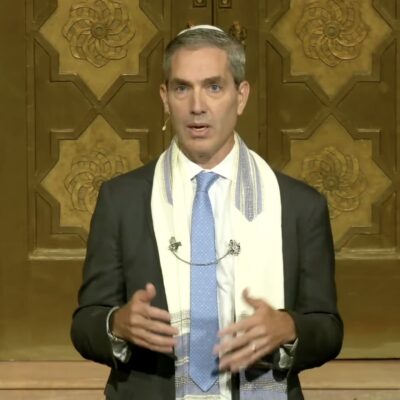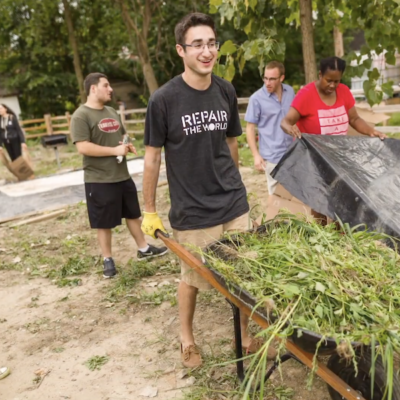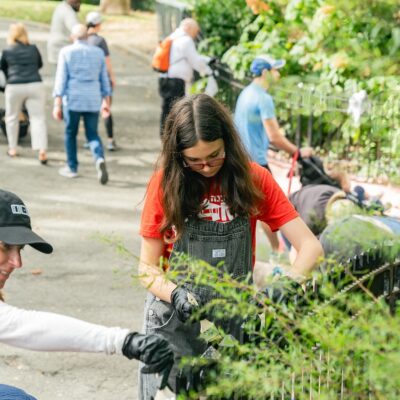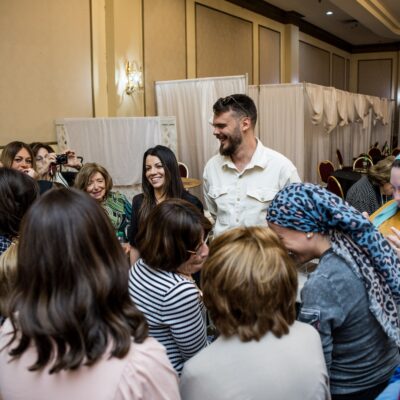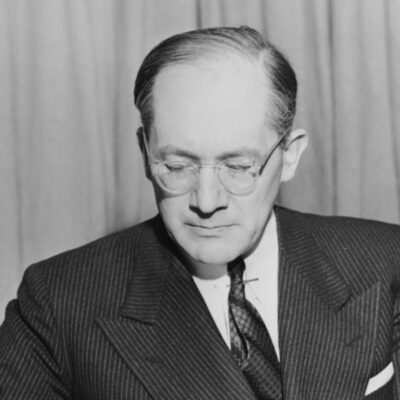What We’re Hearing from the Field
March 30-April 3

By Leading Edge, JPRO Network, UpStart and
Board Member Institute for Jewish Nonprofits
Many of you have been asking what we at Leading Edge, JPRO Network, the Board Member Institute for Jewish Nonprofits, and UpStart are seeing and hearing from Jewish nonprofits on the ground.
Between us, we speak with hundreds of funders, CEOs, volunteer leaders, and professionals from all parts of the Jewish community. The following is a synthesis of the prevailing themes we heard from the field this week (March 30-April 3).
Please note, since the situation we are all in is changing day by day, this summary provides a “pulse” of what we are seeing at this moment in time, with an emphasis on new developments. What follows is not an exhaustive list of themes nor is it ever-green. (For last week’s summary of themes, see here.)
CEOs’ top concerns and needs:
- CEOs are first and foremost focused on the economic impact of the crisis. Organizations that are dependent on earned revenue, such as JCCs, have begun to see significant layoffs and/or salary reductions. Others (e.g. those funded by philanthropy) may have a longer runway – depending on their overall financial health – but even then they may be limited to weeks or months. This week saw an intensive focus on the SBA loans, emergency campaigns and bailouts, as organizations seek resources to meet cash flow needs. However, even with additional funding pools, the need for funds will likely outstrip demand.
- As this crisis stretches on, the CEO-Board partnership is becoming ever more crucial. We heard a wide range of reports from CEOs – some feel their boards are over-involved, while others appreciate the additional expertise and support that board members are providing in this moment. At a time when role definition and open communication are critical, we hear that the lay-pro lines are blurrier than ever. To bring order, CEOs are striving to understand the legal responsibilities of their fiduciary board and board members are striving to understand their proper purview.
- CEOs are toggling between the immediate short-term needs of their staff and stakeholders, and longer-term big picture thinking about the health and well-being of the Jewish community. More and more CEOs are realizing that the Jewish community will look a lot different coming out of this crisis, and they understand they have a role to play in defining its future.
- In this crunched financial landscape, CEOs understand that funders’ focus is on organizations that play an essential, stabilizing role in this crisis. In turn, those that don’t provide for basic needs are at risk. There is grave concern that this reality will set back the innovations we have realized as a community in recent years – including progress made in innovative Jewish engagement and diversity, equity, and inclusion.
Board members’ top concerns:
- Board members are experiencing and responding to this crisis in vastly different ways. The majority understand that the partnership with their professional counterpart is paramount to how the organization will fare in this crisis. However, deepening confusion remains about the role they can and should play as challenges continue to emerge and evolve:
- Where is the line between operational matters for staff and matters for board oversight?
- Do they have a right or responsibility to decide between furloughs, layoffs or reductions in pay?
- What should their role be in helping organizations pivot their strategy and adjust their programming?
- What are the legal requirements of board members facing existential organizational decisions?
- As the crisis continues, board members need technical assistance and support in three key areas:
- Human resources (especially in smaller organizations)
- Financial management
- Relevant nonprofit laws and regulations, particularly the CARES Act, other federal relief efforts, paycheck protection programs, as well as pre-existing employment law.
- To weather this crisis, board members are looking at different ways to help lead their organizations. For example, in some cases, board members believe the best course of action for “non-essential” organizations may be to disengage and scale back programming until the services of their organization become more “relevant.” This thinking is causing tension among board members and/or between the board and staff who want to see the organization pivot to continue to meet the needs of their stakeholders.
Professionals’ top concerns:
- Professionals at all levels are struggling to maintain reasonable work hours and set boundaries between home and office. Due to varied work schedules, caregiving responsibilities, and the ease with which people can “return to the office,” there has been a significant uptick in emails and calls in the evenings and weekends. Professionals need communication from their organizations on this matter, with emphasis on 1) flexibility, 2) trust, 3) providing each employee with regular support from their direct supervisor on managing their work schedule, and 4) maintaining their ability to rest and stay well. Employees can be empowered to set personal boundaries, and senior staff can model this by using a variety of tech tools (Boomerang, schedule mail, etc.).
- As this crisis continues there are emerging distinctions in the experiences of different segments of the Jewish communal workforce, which is adding additional stressors. These differences may result from physical and mental health; living situation; family concerns; role; employment status; personal and organizational financial resources; geographic location. While “we are all in this together” to be sure, each person is experiencing and dealing with the current situation in a different and unique way, and sometimes that causes friction among employees and within organizations.
Thinking about the future:
- This week brought a lot of thinking about nonprofit revenue models. For years, there has been an increased focus on earned revenue, along with an expectation that organizations not build up a financial surplus. As a result, many do not have the reserves to weather this crisis. Looking ahead, volunteer leaders and CEOs realize they will need to strategically and creatively partner with funders on new models.
As COVID-19 continues to spread, we are seeing its toll very close to home. Jewish community leaders and professionals are experiencing illness and deaths of loved ones, friends, and colleagues. This is a painful and trying time for us all.
As we close the week, we wish you a Shabbat Shalom, and a meaningful, safe and healthy Passover,
Leading Edge
JPRO Network
Board Member Institute for Jewish Nonprofits
UpStart
[Editor’s note: “What We’re Hearing from the Field” will return following the conclusion of Passover.]

 Add EJP on Google
Add EJP on Google